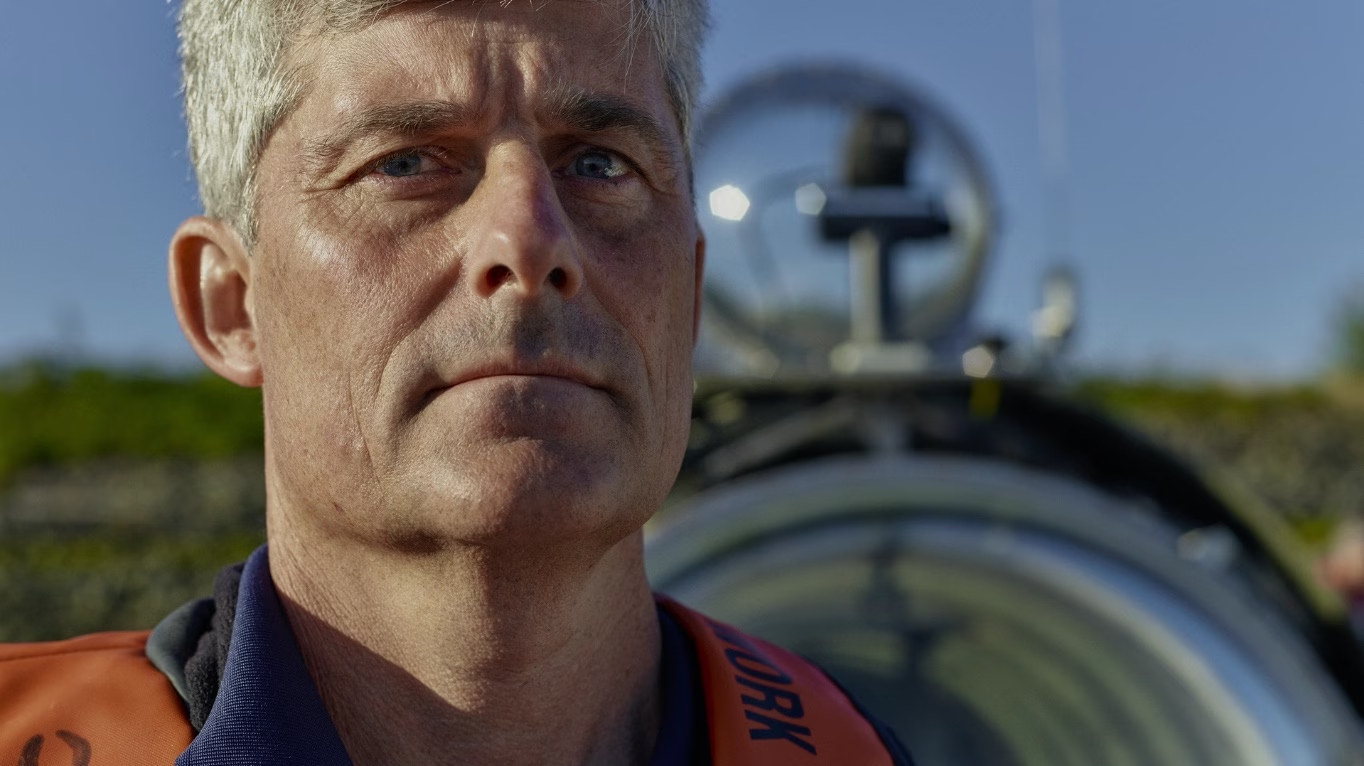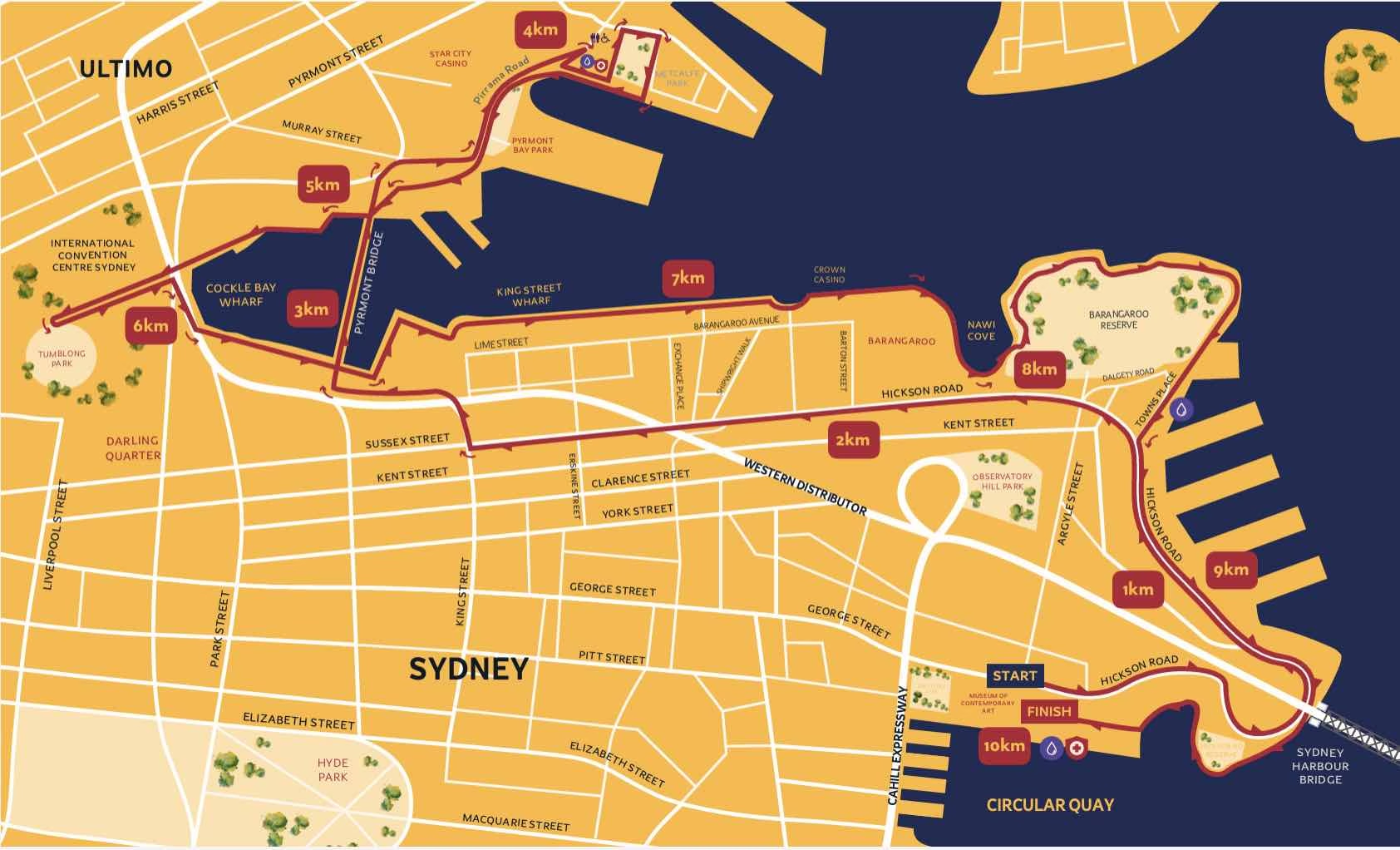They would have heard the cracking.
The carbon fibre hull of the OceanGate vessel emitted soft, audible snaps as the immense pressure took its toll. The ominous sounds had been recorded on previous dives but dismissed by owner Stockton Rush. All four of his passengers would have heard them: pop, tick, pop.
Perhaps Rush was mid-sentence, reassuring his passengers that everything was under control in the Titan. Or maybe it was quiet—a cold, eerie silence —as the four passengers watched Rush in the dim light work the Xbox controller that steered them deeper into darkness.
Then, nothing. Instatntly.
The pressure at that depth collapsed the Titan in on itself after the hull’s integrity was compromised in an implosion so violent it vaporised everything biological in that tube before their feeble brains could process what was happening. They were here. Then they were gone. At that depth the external pressure (about 6000psi) that would crush all the air (and everybody in that air space) in less than 40 milliseconds—some estimates say as little as 20 to 30 milliseconds—to something the size of a tennis ball.
The new Netflix documentary shows that the Titan submersible disaster wasn’t a freak accident. It was the natural consequence of a man with too much money, too much self-belief, who didn’t listen to the qualified people around hime saying, “This isn’t safe.” It was arrogance, gift-wrapped in tech jargon, channelling Steve Jobs and Elon Musk; a wannabe fame hunter looking for immortality.
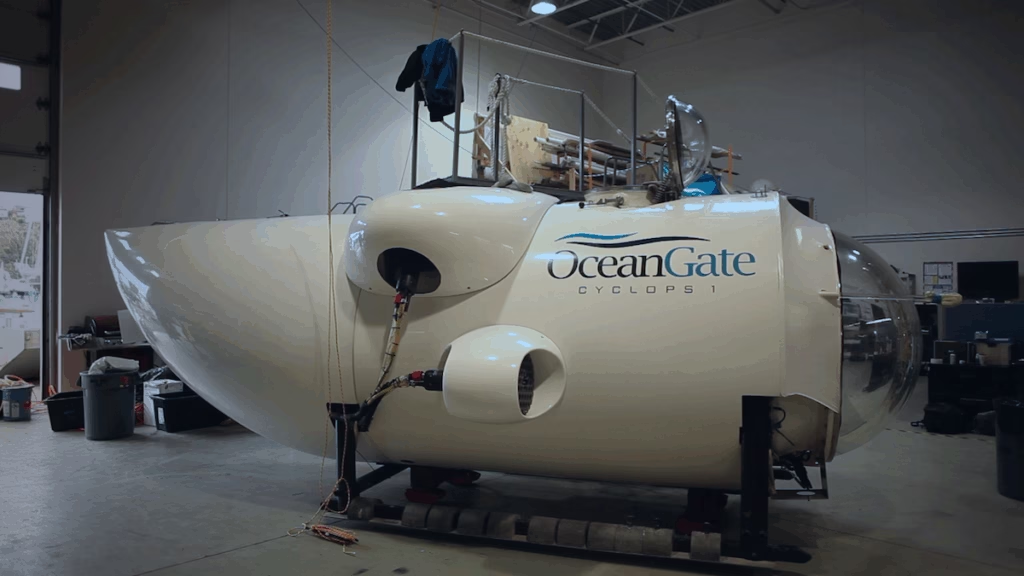
In the days that followed, the internet was torn. On one side, there was open scorn for Stockton Rush—the arrogant CEO who gambled with lives in the name of innovation. On the other, quiet heartbreak for Suleman Dawood, the 19-year-old who reportedly didn’t even want to go but joined the dive to bond with his father. A generation’s recklessness and a generation’s obedience.
The Man Who Knew Better
Stockton Rush didn’t like being told no. He was the kind of guy who thought rules were for lesser men. The kind who talked about “disruption” like it was a religion. And OceanGate was his baby.
He wasn’t some reckless cowboy. He was worse: educated, articulate, and persuasive. He quoted Musk. He dismissed safety protocols as “industry bureaucracy.” He said regulation was stifling progress. He wanted to democratise deep-sea travel, but he did it in a sub that wasn’t certified, wasn’t independently tested, and didn’t follow the basic engineering playbook used by people who know what the ocean can do. He even called the Titan “innovative” because it used carbon fibre and off-the-shelf game controllers.
And people bought it. Wealthy men signed up for the trip. Media outlets praised the boldness. Investors stayed quiet. Because we’ve trained ourselves to celebrate confidence more than competence.
This wasn’t just about one man’s belief in his vision. The Titan submersible disaster was all about how easily belief can be mistaken for brilliance.
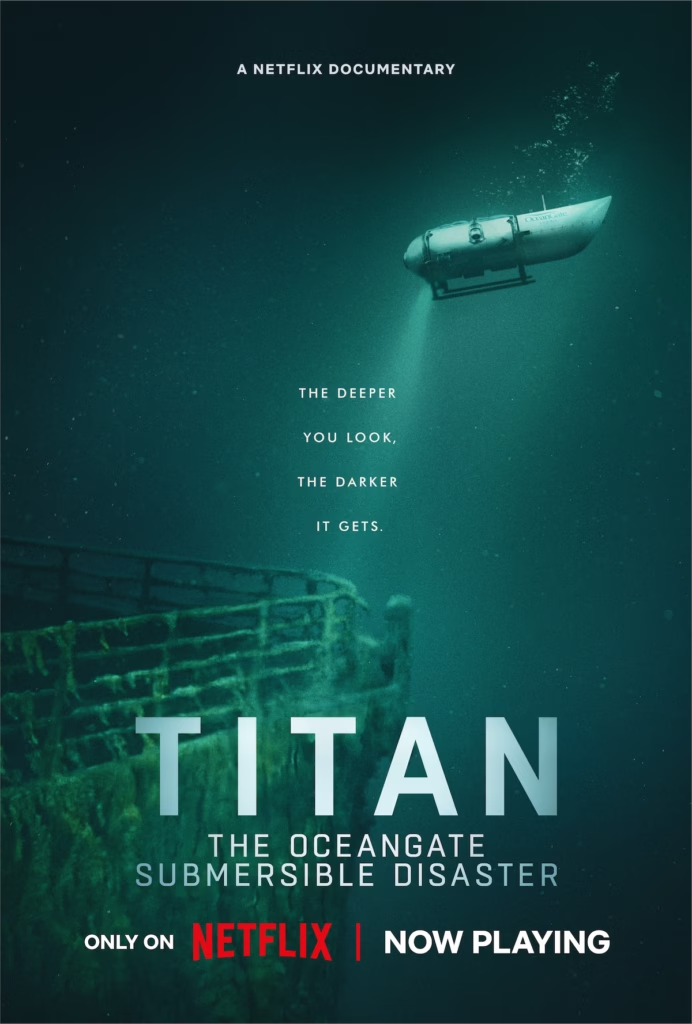
Ignored, Overruled, Fired
The warnings weren’t subtle. They weren’t rare. And they weren’t from internet trolls or armchair engineers. OceanGate’s own director of marine operations, David Lochridge, raised serious concerns about the Titan’s safety. So the company did what any disruptor allergic to accountability might do.
They fired him.
Others warned too. Marine technology experts, industry veterans, classification societies. One after another, they called out the obvious: you don’t send humans 12,500 feet down in an unclassed, experimental tin can and call it innovation. That’s not bold. That’s negligent.
But Rush dismissed it all. He once said, “At some point, safety is just a pure waste.” That line tells you everything you need to know.
In the startup world, that kind of bravado gets you headlines. In the deep ocean, it gets you dead.
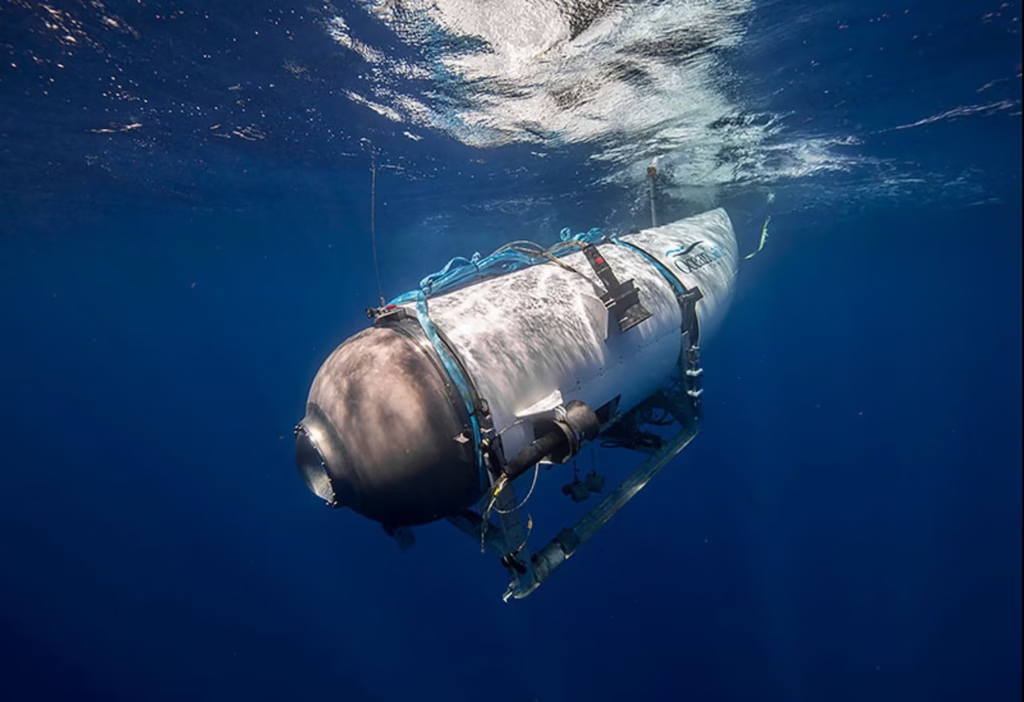
The Cult of the Confident Man
We love these guys. The mavericks. The visionaries. The ones who say screw the rules and do it anyway. They make great podcast guests and LinkedIn content. They’re charismatic, driven, usually rich, and almost always men.
And when they win, we cheer. When they fail, we call it a learning experience. A pivot. But this wasn’t a “move fast and break things” moment in the tech world, where tech-bro bravado results lawsuits. This was five human beings obliterated in an instant because one man believed so hard in his own genius he couldn’t hear anyone else.
This is what happens when success becomes a shield. When being right becomes more important than being careful. And when you’re too arrogant and stupid to listen to those around you saying, “Hey man, maybe don’t.”
Who Was On Board the Titan Submersible?
Stockton Rush – CEO of OceanGate and pilot of the Titan. He was the driving force behind the mission and the sub’s designer. Known for his controversial stance on safety regulations and deep belief in innovation.
Hamish Harding – A 58-year-old British billionaire and adventurer. He held multiple aviation records and had previously flown to space on a Blue Origin mission. Known for chasing extremes.
Paul-Henri Nargeolet – A 77-year-old former French Navy diver and Titanic expert. Often referred to as “Mr Titanic,” he had been to the wreck site dozens of times and was widely respected in the deep-sea exploration community.
Shahzada Dawood – A 48-year-old British-Pakistani businessman and philanthropist. He was a board member of several major organisations and part of one of Pakistan’s wealthiest families.
Suleman Dawood – His 19-year-old son. A university student who, according to family reports, was hesitant about the dive but joined to please his father as a Father’s Day experience.
The Deep End
Stockton Rush got what he wanted. He went down in history. But not the way he imagined.
There’s a lesson in here. Not just about the ocean or engineering or startup culture. It’s about what we reward. Who we follow. And how dangerously easy it is to mistake ego for leadership when it’s wrapped in a TED Talk can-do shit and a logo and blessed with other people’s money.
The Titan submersible disaster didn’t happen becasue the ocean is dangerous. The ocean has always been dangerous. The Titan failed because a man built a business on confidence, ignored the people who knew better, and took four others with him when it all fell apart.
They would have heard the cracking.
And then there was nothing.
